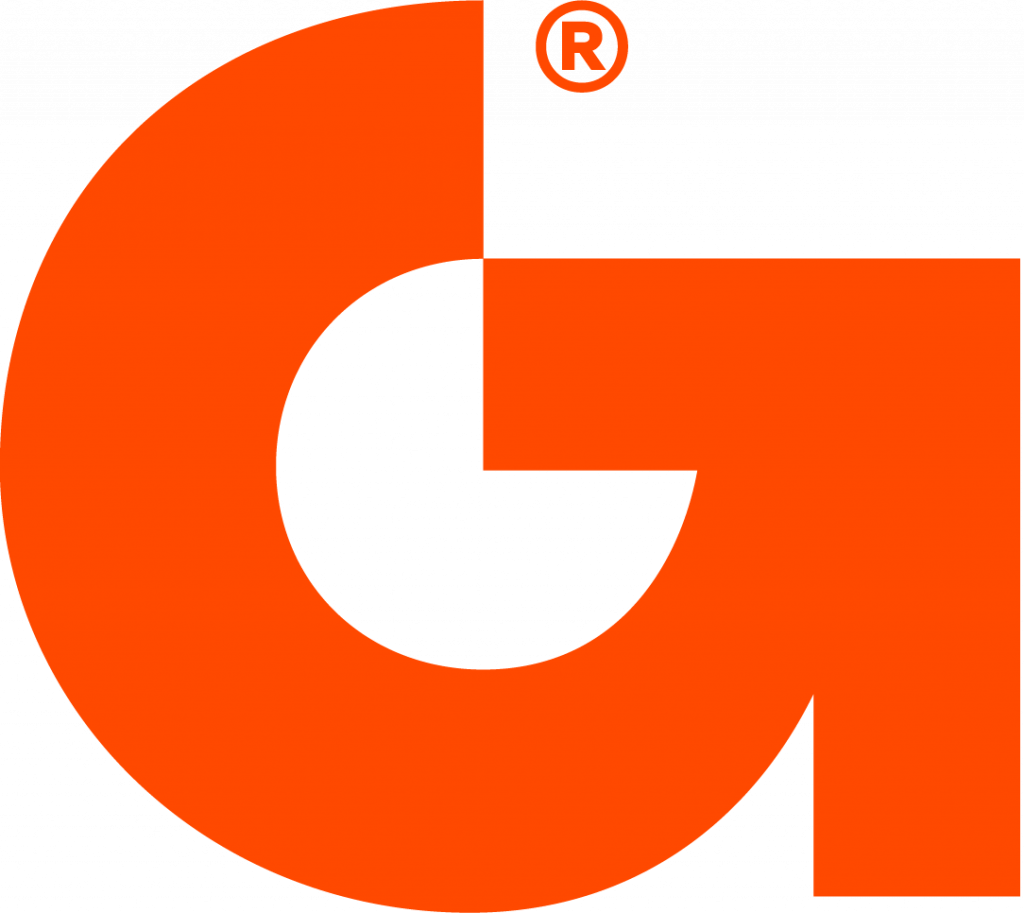
How to open a business in the USA from overseas
Are you a startup or scaleup, registered outside the US, and wish to establish a US entity to get revenue from the large American market? Well, we can help. www.greatweek.com we work specifically with startups and scaleups that are looking into entering the American Market.








